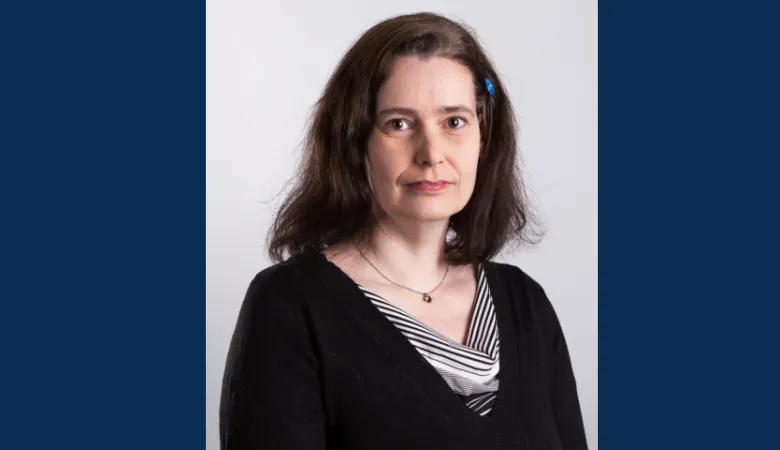08 March 2019
#WomenOfKings - Claire Wells
Celebrating and elevating King’s women for International Women's Day.

It's International Women's Day on Friday 8 March – a global day celebrating the social, economic, cultural and political achievements of women. This year's theme is Balance for Better, which calls for a more gender-balanced society. From the board room to the government, media coverage to employment, gender balance is essential for economies and communities to thrive.
To celebrate International Women's Day, we spoke to women from the Faculty of Life Science & Medicine King's about their careers, inspirations and what drives them.
"I’m proud of the contribution I make to educating the new generation of scientist and doctors"
Dr Claire Wells is a Reader in Cancer Cell Biology within the School of Cancer & Pharmaceutical Sciences.
What are you proudest of in your career?
There are lots of things. I’m really proud of the body of work that my lab has done over the last 10 years to understand how PAK family proteins drive cancer spread. The work has led to a programme to develop new drugs to target cancer cells. I’m equally proud of all the students that have passed through my lab; my 10th PhD student graduated in December 2018. Finally I’m proud of the contribution I make to educating the new generation of scientist and doctors. The nice thing about working in a University is the opportunity to undertake both research and teaching.
Why did you decide to go into this field of study/research/work?
That’s easy – When I was a third year undergraduate at UCL Dr. Joan E.M. Heaysman showed me a video of cancer cells crawling across a coverslip – I was hooked and have been trying to understand how movement is co-ordinated and regulated ever since.
What would you tell women who want to study in your field?
Do it, same for any and all fields – go with your interests – don’t hesitate. In the 20 years since I graduated as a PhD I have seen enormous change in academia with respect to helping women advance their careers. It’s not perfect yet but going in the right direction.
How has your field changed since you started, and where do you see it going in the future?
There have been huge advances in cancer treatment; the development of immune-oncology in particular. In my field especially the advances in microscopy have enabled us to look deeper into tissue and further into cells. In the future we need to face the challenge of secondary cancer which I think will go hand in hand with big advances in personalised medicine.
